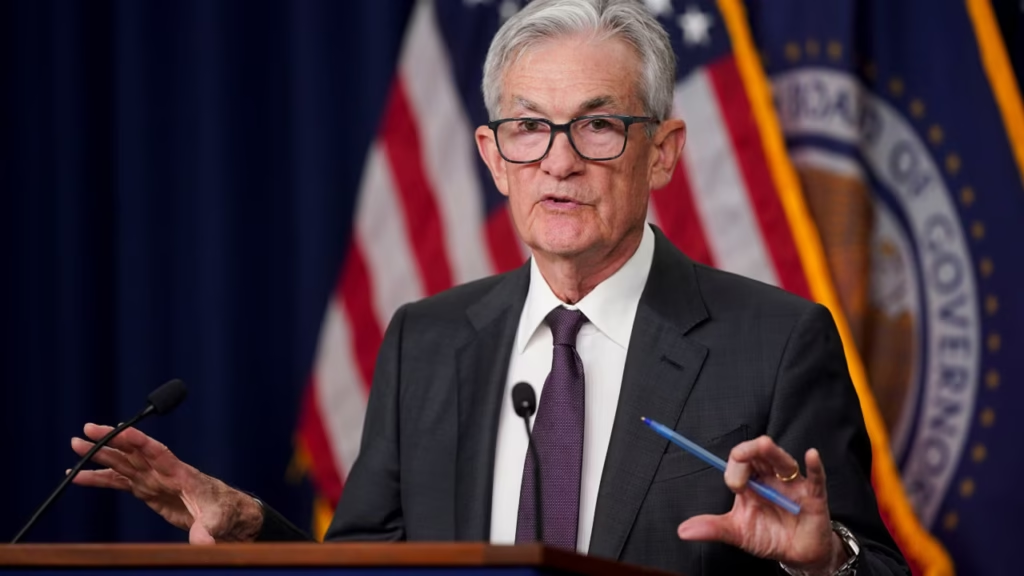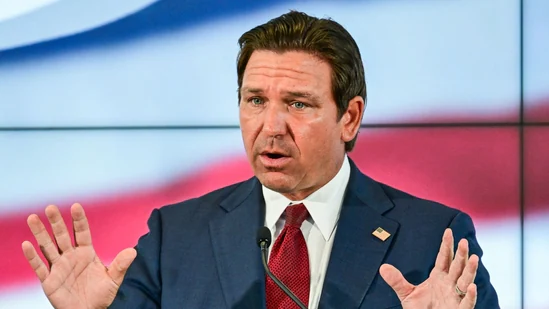Now Reading: Trump’s Fresh Warning to Pharma Giants: Cut Prices or Face the Heat
-
01
Trump’s Fresh Warning to Pharma Giants: Cut Prices or Face the Heat
Trump’s Fresh Warning to Pharma Giants: Cut Prices or Face the Heat

Former US President Donald Trump has reignited the debate on drug pricing, issuing public warnings to major pharmaceutical companies to lower their prices or prepare for serious consequences. The letters, made public recently, mark his latest attempt to position himself as a leader who takes on corporate interests—particularly as he eyes a return to the White House in the next US election cycle.
The Core Message to Pharma Companies
In a direct move, Trump has sent open letters to multiple leading pharma firms, demanding they reduce the prices of prescription medicines. He claims Americans are being “ripped off” and warns that if changes don’t happen soon, he’ll push for tougher regulations and legal consequences once he’s back in power.
This approach echoes similar tactics he used during his earlier term, when he criticized high healthcare costs and attempted to link drug prices to global benchmarks.
Why This Matters to India
India, known globally as the “pharmacy of the world,” plays a major role in the production of affordable generic drugs, many of which are exported to the United States. If Trump’s tough talk turns into policy, it could lead to pricing pressures on Indian pharmaceutical companies as well.
Smaller cities like Indore, Baddi, and Visakhapatnam, which house several pharma manufacturing units, might feel the ripple effects. If export margins shrink due to US-imposed price ceilings, companies could scale down hiring or operations, directly impacting local employment and business sentiment in these Tier 2 hubs.
A Political Move or Policy Push?
Trump’s critics argue this may be more about optics than action. With elections approaching, strong public postures against ‘Big Pharma’ could help him connect with middle-class Americans burdened by medical bills. Still, even a symbolic stance from a powerful figure can create market uncertainty.
From the pharma industry’s perspective, setting price caps without considering R&D costs or production challenges could hurt innovation. However, consumer advocates say unchecked pricing has left many Americans unable to afford basic medication.
India’s Dual Role: Supplier and Observer
India is in a unique position. While the pressure may reduce profit margins, it could also open up space for more affordable Indian generics to gain prominence in the US market. Companies that adapt quickly to tighter pricing models might end up capturing greater market share.
For Indian policymakers, this also serves as a reminder that international political shifts can directly influence domestic industries. Balancing affordability with sustainability in pricing could soon become a global conversation India will need to actively engage in.
Conclusion
Donald Trump’s letter campaign is more than political noise—it signals the return of aggressive posturing around healthcare reform. For India’s pharmaceutical industry, particularly in Tier 2 manufacturing zones, the impact may not be immediate, but the shift in tone is clear. As the global spotlight turns to affordability, Indian firms must stay alert, agile, and prepared for policy changes that could reshape how drugs are priced and sold worldwide

























